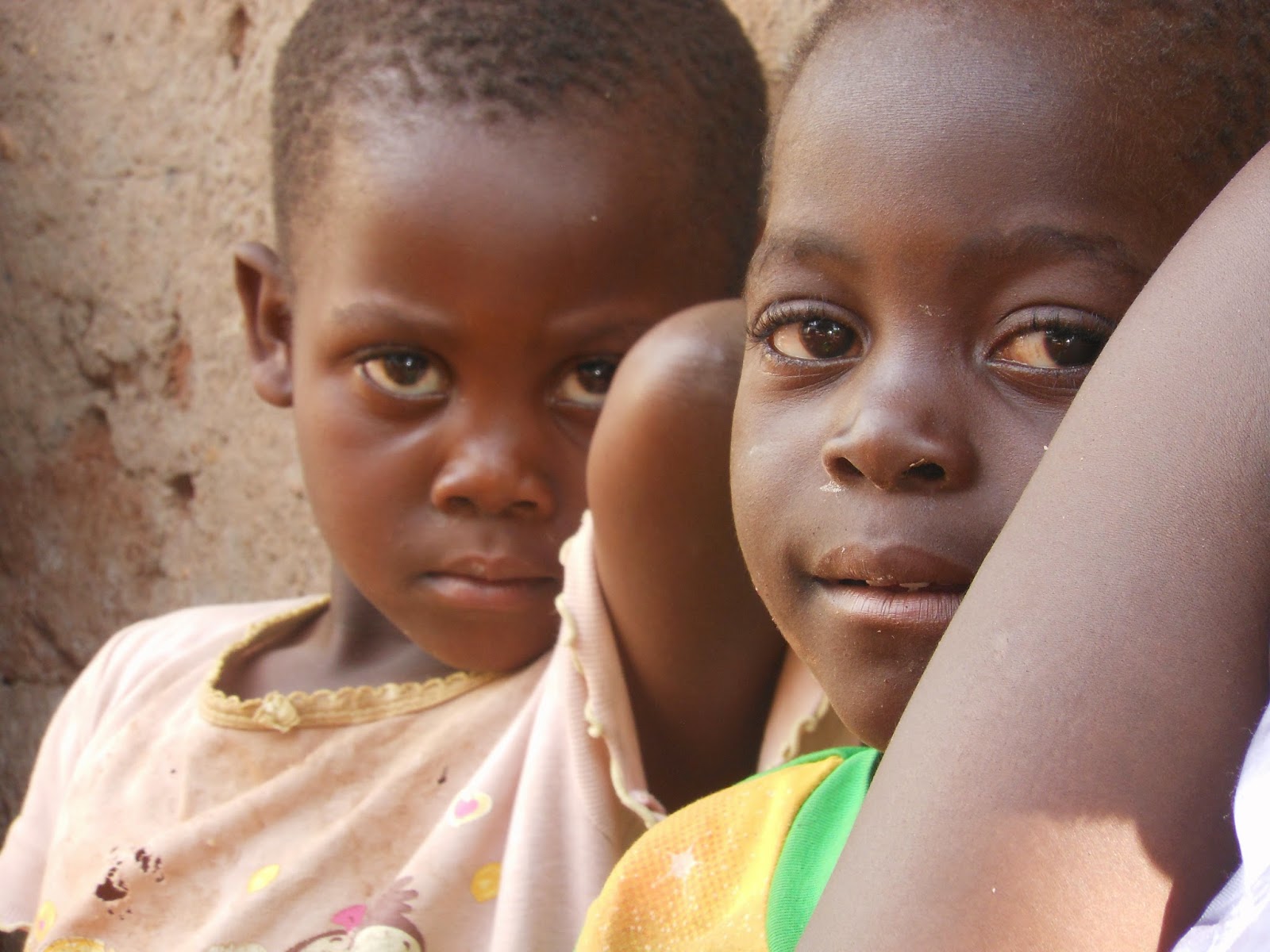This is a piece I wrote for African Women’s Health Initiative (AMHI) in
2014. AMHI, or Joyful Motherhood, is a Malawian organization that provides care
for preemies, orphans and babies with HIV/AIDS. They fill a gap in outreach
care that the local hospitals can’t possibly provide. Rainy season (Jan - April) is hungry season, and they are currently looking for more donations to keep pace with demand for their services. Please consider including them in your plans for giving in 2015 (and share with friends if you like!)
 |
| Mary, with four of her five children. |
Mercy Sostene was not expecting
triplets. With four other kids, including a special needs child and alreayd a set of
twins, she already had her hands full. When she began bleeding at 28 weeks, she headed
to Bwaila hospital in Lilongwe, hoping it was nothing serious. It was there that the doctors discovered her babies, and performed an immediate cesarean section. The children
were small – each of them less than 1.5 kgs (3 lbs) – but healthy.
Given their low birth weight,
Mercy was referred to Joyful Motherhood, a local Malawian NGO, in January 2014
for kangaroo care and follow up visits. Kangaroo care is a way of keeping children warm when there are no incubation units (and even, no electricity). Joyful Motherhood’s first priority was
the keep the premature babies warm and gaining weight. Mercy’s assigned nurse,
Nitta, told her and her husband to keep the babies inside, showed how to wrap
them naked against their chests (like a kangaroo) and instructed not to bathe them for the first
few weeks. It worked, and after six weeks, each baby was moving in the right
direction.
 |
| Mary's Husband brings Bertha outside to chat. |
It may not seem like it, but Mercy is lucky. First, she lived
close enough to a major hospital to receive proper care for the babies to be
delivered safely. Second, her cesearean section scar healed without infection. Third,
she clearly has a supportive husband. Visiting their home, he joined us on the
porch cradling their 8 year old developmentally disabled child, Bertha, who
doesn’t walk or talk.
“I see it all the time,” whispered Nitta. “A woman has
multiples and the husband leaves her, but this one has stayed – twice! He is a
good man.” Tall, with broad shoulders and a rugged face, Mercy’s husband exuded
warmth and caring. He works as a night guard and as manual labor to pay the
bills, bringing home roughly $25 a month.
Given the paucity of funds, the
family eats only once a day. The meal is made of a thin maize porridge and
usipa, a dried fish. During the visit, the nurses noticed that Mercy’s breasts
had dried up. With nearly half their income going towards rent, it was clear
she wasn’t eating enough calories, nor drinking enough liquids to keep her
breasts full. Because most households drink tea for breakfast, volunteers
provided a small donation of sugar and milk, knowing it would give Mercy a
double dose of liquids and nutrients at least for the time being.
Despite the challenges, the
Sostene’s looked to the future with the modest goals of every parent: “We want
our children to have enough food, to get a good education,” Mercy’s husband
explained. Their oldest child, coddling one of the triplets, shyly admits that
he’d like to become a doctor. These are big dreams for a large household, one
sustained by love and the support of Joyful Motherhood.

No comments:
Post a Comment